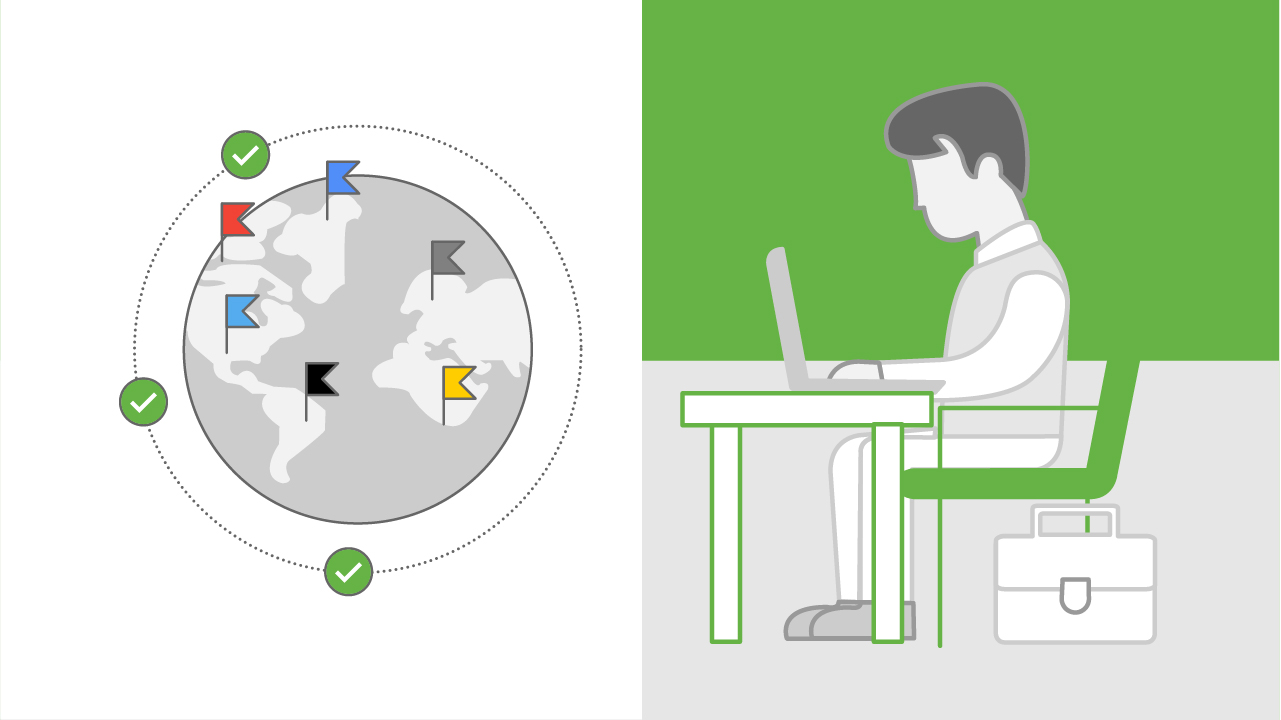Commit to transparency — sign up for the International Fact-Checking Network's code of principles
The code of principles of the International Fact-Checking Network at Poynter is a series of commitments organizations abide by to promote excellence in fact-checking. We believe nonpartisan and transparent fact-checking can be a powerful instrument of accountability journalism.
About

The commitments of the code of principles
This code of principles is for organizations that regularly publish nonpartisan reports on the accuracy of statements by public figures, major institutions, and other widely circulated claims of interest to society. It is the result of consultations among fact-checkers from around the world and offers conscientious practitioners principles to aspire to in their everyday work.
Read more
What you should know before applying
The International Fact-Checking Network has tried to make the application process as transparent as possible. Therefore, the criteria on which external assessors base their recommendations to accept or reject an organization are public.
Read more
The advisory board and our pool of assessors
The International Fact-Checking Network has seven counselors who represent the geographical diversity of the network. They are pioneers in the development and implementation of fact-checking in their countries and regions. All board members are unpaid. The pool of assessors is a group of journalism and media experts who know the fact-checking context in their countries and act as the first filter for each application received.
Read more
The code and the platforms
Facebook seeks partnerships with signatories of the IFCN code of principles. Being a signatory is a necessary, but not sufficient, condition for access to the social platform's third-party fact-checking tool. Also, Google highlights fact checks produced by signatories of the code in its search results.
Read more
The code of principles' 1st year: a report
One year after the establishment of our verification process, being a signatory of the code of principles has become a badge of trustworthiness for audiences, researchers, donors and technology platforms. The IFCN produced a report to analyze what we can do better in the future.
Read more